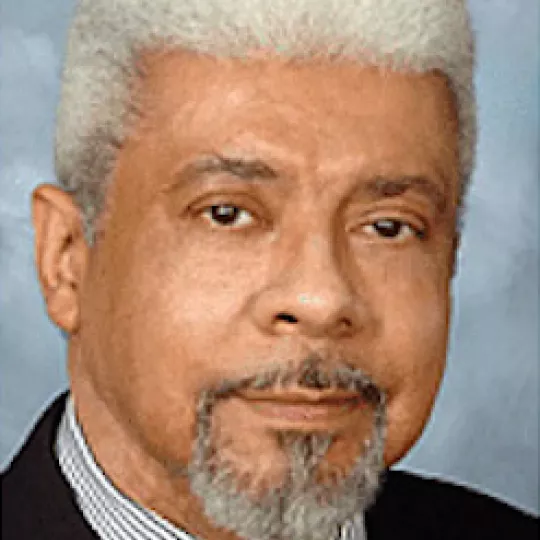Attachment-focused EMDR training is a specialized approach to Eye Movement Desensitization and Reprocessing (EMDR) therapy that focuses on healing attachment wounds resulting from early childhood trauma and neglect. These trainings are designed for therapists who work with clients who have pervasive difficulties in relationships, low self-esteem, and struggle to manage their emotional states.
The primary goal of Attachment-focused EMDR training is to help therapists develop the skills and techniques necessary to effectively address attachment-related issues and facilitate healing in their clients.
One of the key components of Attachment-Focused EMDR training is understanding the impact of attachment on an individual's ability to form healthy relationships and regulate emotions. Therapists learn how to assess their clients' attachment styles and work with them to process and integrate past traumas that have influenced their attachment patterns. By incorporating attachment theory into EMDR therapy, therapists can help clients develop more secure attachments, improve their self-esteem, and break free from patterns of dysfunctional behavior.
In addition to traditional EMDR techniques, Attachment-Focused EMDR training also teaches therapists how to incorporate attachment-focused interventions into their therapy sessions. These interventions are designed to enhance the therapeutic alliance, strengthen the client-therapist relationship, and provide a secure base for clients to explore and process their traumas.
By integrating attachment theory with EMDR therapy, therapists can help their clients heal from deep-seated wounds and move towards a more fulfilling and connected life.
Have you ever felt torn between following scripted protocols and procedures and using EMDR to do what’s best for your client in the moment?
Are you ready to expand your use of the therapeutic relationship as a powerful healing force?
Would you like to refine your ability to define the best next steps in complex cases with multiple problems and issues?
Is your goal helping clients achieve permanent change so they can live more authentically in the moment and more fully than ever before?
Are you working with a special client population or dealing with particular issues that require a deeper dive?
Yes? Then our advanced EMDR trainings are your next steps. They will increase your skill and confidence in using EMDR as a comprehensive psychotherapy for transformational healing.

What Can You Expect?
The Center's advanced trainings are designed for therapists, like you, who are eager to expand their skills and deepen their understanding when working with your clients. We offer two general tracks of advanced trainings: Deany's attachment-focused trainings and other specialty topic areas and client populations.
Deany's attachment-focused EMDR Advanced Trainings offer an introduction to Relational EMDR Therapy℠. You'll learn:
- to treat the whole person and promote clients’ personal growth and resilience
- to practice an integrated, client-centered EMDR therapy that offers permanent change to clients who struggle with pervasive low self-esteem, relationship difficulties, loneliness, anxiety, depression and addictions
- to help clients resolve negative life patterns, relationship difficulties and self-regulation issues that have roots in childhood trauma
As is often the case when we’re working with attachment, the difficulties that challenge clients in their lives are the same ones they bring into the consulting room. These trainings prepare you to use the therapeutic relationship to help clients work through childhood wounds and experience secure attachment with you in real time.
Who Is Eligible for Advanced EMDR Training?
You are—if you have completed an intensive EMDR basic training. You must also be a mental health clinician, licensed for independent practice and have at least six months of experience using EMDR to treat complex trauma with multiple clients.
Frequently Asked Questions
Have Questions? We're Here to Help
Please contact us at admin@emdrtherapy.com.
Here's what a fellow colleague says about training with Deany:

